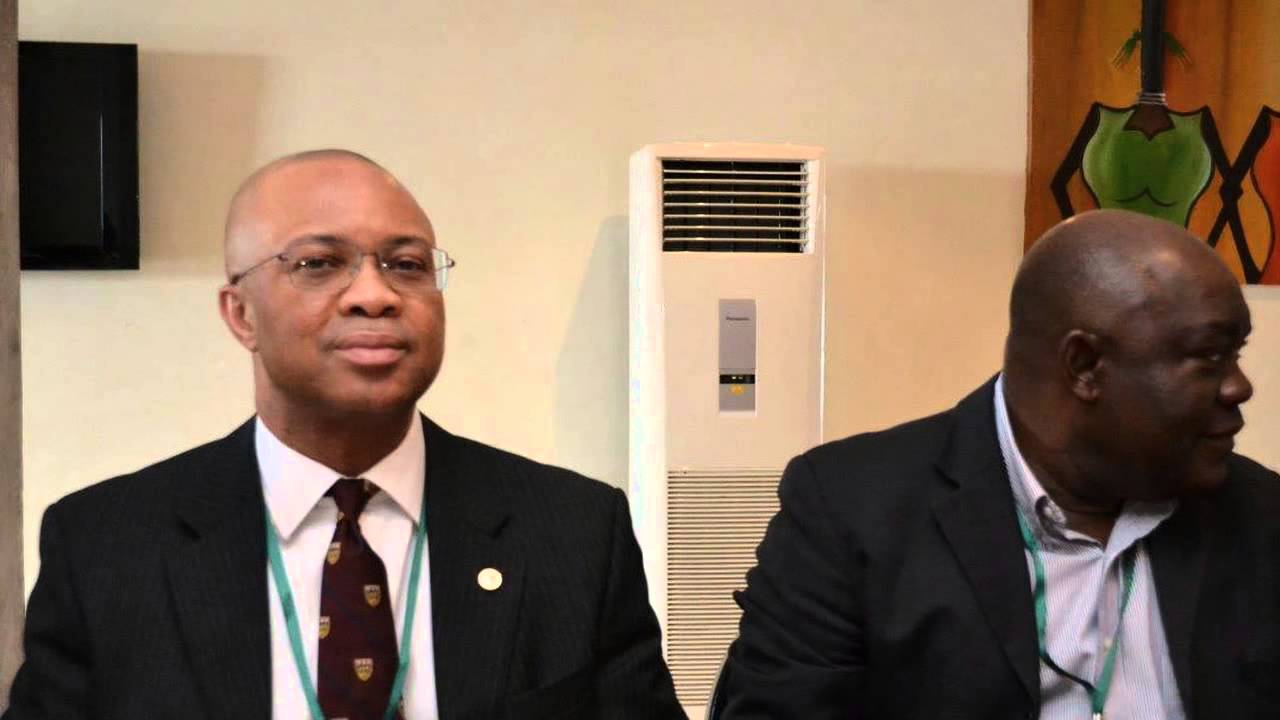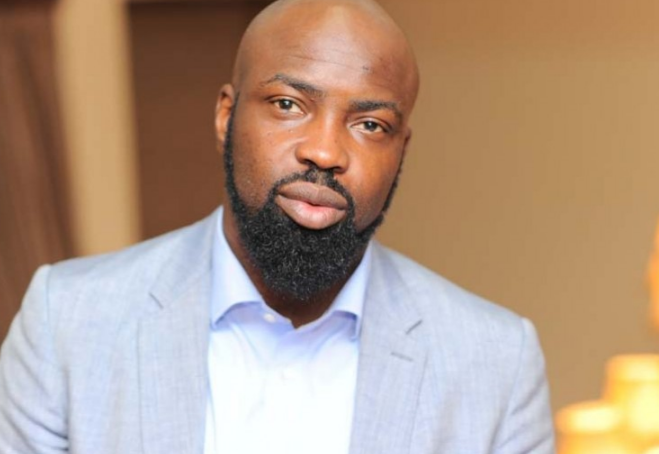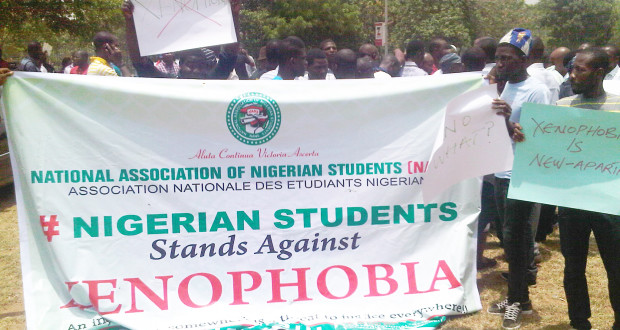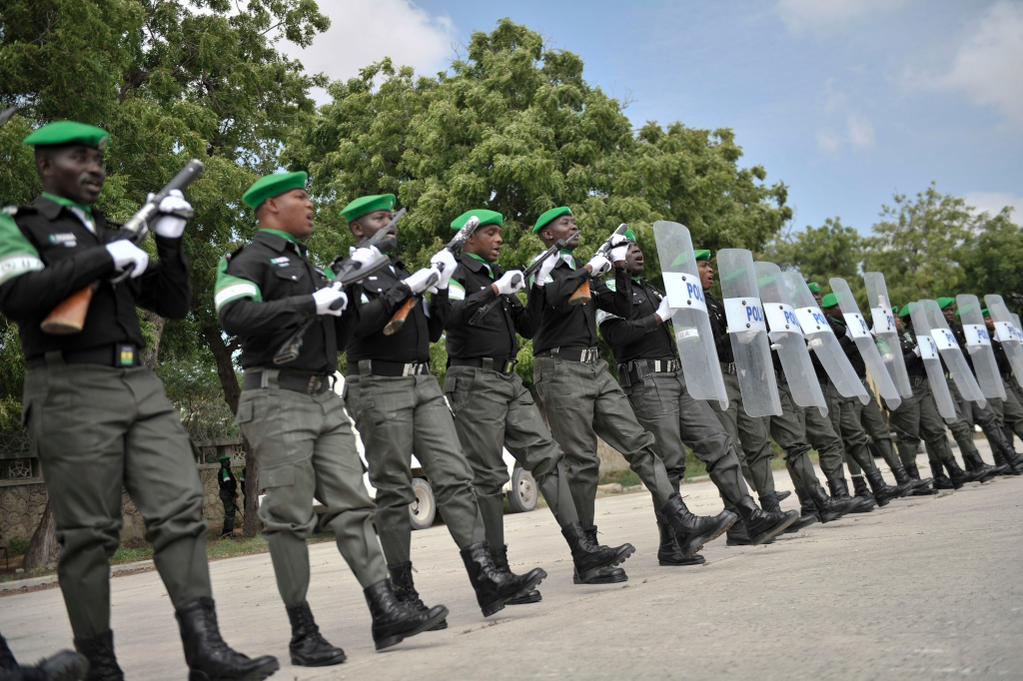Ben Akabueze, director-general, budget office of the federation, says there is no padding in the 2017 budget.
Speaking at a news conference in Abuja on Thursday, Akabueze said he decided to speak in order to clarify issues raised concerning the budget.
Akabueze said padding was a term used to describe unauthorised or undisclosed insertions into the budget.
“I can say without equivocation that there is no padding in the 2017 budget proposal,” he said.
Advertisement
“The process of preparing the 2017 budget required MDAs to upload their budgets online by their accredited officers, who were issued access codes to ensure an audit trail of all entries.
“The chief executive/chief accounting officers of all MDAs were required to certify their final budget inputs.
“The budget presented to the national assembly by Mr President was exactly what the MDAs certified.”
Advertisement
He also said there was a valid concern about difference in prices for the same items, adding that the Bureau of Public Procurement (BPP) was updating its price list.
Akabueze said the price list when updated would be structured into the budget preparation application to make it impossible for various agencies to use the different prices for the same items in the budget.
He added that going forward, the budget office and the BPP would work collaboratively to ensure timely review of price lists.
Akabueze said various commentaries had termed some expenditure as frivolous, suspicious or wasteful, but that no item should be regarded as such.
Advertisement
He said for welfare packages set aside to cater for support for funerals of deceased staff and so on, it was impossible to accurately project them and so MDAs used their best judgement.
For security and cleaning services, he said that the federal government had outsourced them and that there must be provisions to pay the companies that provided those services.
He said that the 2017 budget was prepared, using the zero-based budget (ZBB) system, which required that every project/programme must be justified each year for inclusion in the budget.
“This does not imply that projects captured in the previous year’s budget will not feature in the current proposal, especially if the project was not implemented due to funding challenges or is still an ongoing project,” he said.
Advertisement
Akabueze said some people had queried the description of some projects as repetition of those projects, but that it was not a defect.
He explained that the departure from incremental budgeting system to ZBB required that projects were cost at activity level.
Advertisement
He also said that there were reports in the budget which were non-existent such as the N250 million for the construction of gate house in the Vice President’s quarters.
“These items and provisions are not in the 2017 budget proposal’’, he said.
Advertisement
Akabueze said that the proposed budget was a quantitative expression of government’s financial plans with a focus to systematically achieve rapid economic recovery and sustained inclusive growth.
He added that the budget summarised key ingredients of the Nigeria Economic Recovery and growth Plan (NERGP) 2017-2019 which built on the strategic implementation plan of the 2016 budget.
Advertisement
President Muhammadu Buhari presented the 2017 Appropriation Bill to the national assembly on December 14, 2016 with projected oil revenue at N1.99 trillion, on price benchmark of 42.5 dollars per barrel.
He also presented the Medium Term Expenditure Framework (MTEF) and Fiscal Strategy Paper (FSP) for 2017-2019 with the same price.
Add a comment






